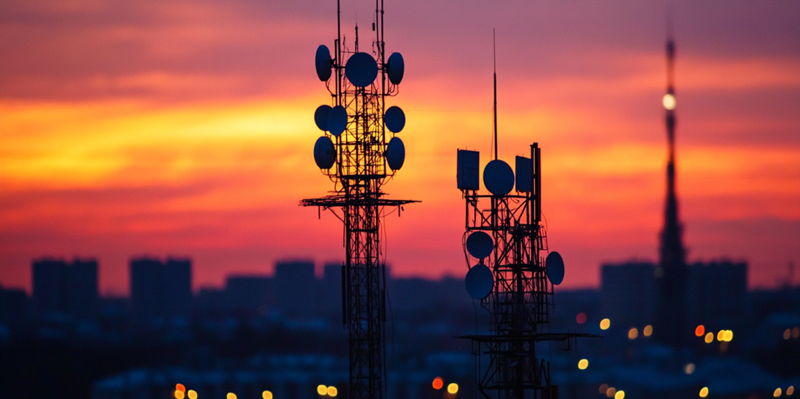In a bid to establish greater control over its domestic internet infrastructure and shield itself from global online disruptions, Russia recently conducted a significant test of its "sovereign internet" concept. This experiment, which involved disrupting access to popular websites and messaging apps, targeted several Muslim-majority regions such as Chechnya, Dagestan, and Ingushetia. The implications of these disruptions, particularly in the context of escalating global digital tensions, underscore the Kremlin’s ambition to decouple from the global internet and govern its cyberspace independently.
The Disruptions and Their Targets
Impact on Global and Domestic Services
As part of the test, access to both foreign and domestic online services was disrupted, with popular platforms like YouTube, Google, WhatsApp, and Telegram being affected. Even the use of VPNs could not circumvent these interruptions, highlighting the robustness of Russia’s experimental measures. Simultaneously, some services provided by Russian internet giant Yandex also experienced significant outages, suggesting a comprehensive approach in the exercise. According to NetBlocks, an organization that monitors internet disruptions, these disruptions lasted up to 24 hours in some regions, causing notable connectivity issues for users.
The timing of these disruptions was aligned with routine tests conducted by Roskomnadzor, Russia’s telecommunications regulator, aimed at disconnecting the RuNet from the global internet. This strategic selection of regions, particularly those with ethnic and religious minorities that have historically experienced instability, underlines the government’s intent to ensure that key digital infrastructure can function independently during potential future crises. By isolating the internet in these areas, the Kremlin seeks to retain control over the information flow and mitigate external influences during periods of unrest.
The 2019 Sovereign Internet Law
The concept of a sovereign internet is rooted in a law passed in late 2019, which was designed to protect Russia from potential foreign infrastructure cut-offs and external interference. This law requires annual internet isolation drills, and the recent disruptions are part of this broader legislative agenda. The legislation, while positioned as a protective measure, has been criticized by digital rights activists who argue that it serves as a tool for censorship. Critics assert that the law allows Moscow to tighten its grip on the internet, facilitating greater governmental oversight and control over cyberspace.
The enforcement of this law has already led to several significant internet outages in early 2024, echoing similar exercises conducted in previous years. These isolation drills not only test the technical feasibility of severing ties with the global internet but also serve as a demonstration of the Kremlin’s resolve to maintain sovereignty over its digital landscape. The broader implications of these actions suggest a move toward enhanced information control and a reduction in the influence of external digital entities.
Governmental Investments and Censorship Concerns
Financial Investments in Digital Control
The Kremlin has funneled substantial resources into expanding capabilities to restrict internet traffic within its borders. With an investment of approximately 59 billion rubles ($576 million), the government has focused on developing the necessary infrastructure to enforce these digital controls effectively. This financial commitment underscores the strategic priority placed on achieving a sovereign internet, which the government views as essential for maintaining national security and stability.
Roskomnadzor has indicated that part of these efforts includes potential enforcement measures to migrate Russian websites from Western hosting providers to domestic ones. The warning issued to major foreign hosting providers like AWS, GoDaddy, and HostGator about possible blocks for non-compliance with Russian laws signifies a broader strategy to reduce dependence on foreign technology. This move is seen as a critical step toward expanding Russia’s control over its online environment, allowing the government to more closely monitor and regulate internet traffic.
Broader Implications for Censorship
Russia’s recent test of its "sovereign internet" concept, which involved intentionally disrupting access to popular websites and messaging apps in several Muslim-majority regions like Chechnya, Dagestan, and Ingushetia, highlights the government’s determination to fortify its cyber boundaries and manage its digital realm independently. Amid growing global digital tensions, these disruptions emphasize the Kremlin’s ambition to decouple from the global internet. By establishing greater autonomy over its cyberspace, Russia aims to shield itself from external cyber threats and maintain tighter control over the information flow within its borders. This endeavor demonstrates Russia’s strategy to secure its digital sovereignty, ensuring it can operate its internet infrastructure without relying on global networks and thereby safeguarding its national security and interests.

